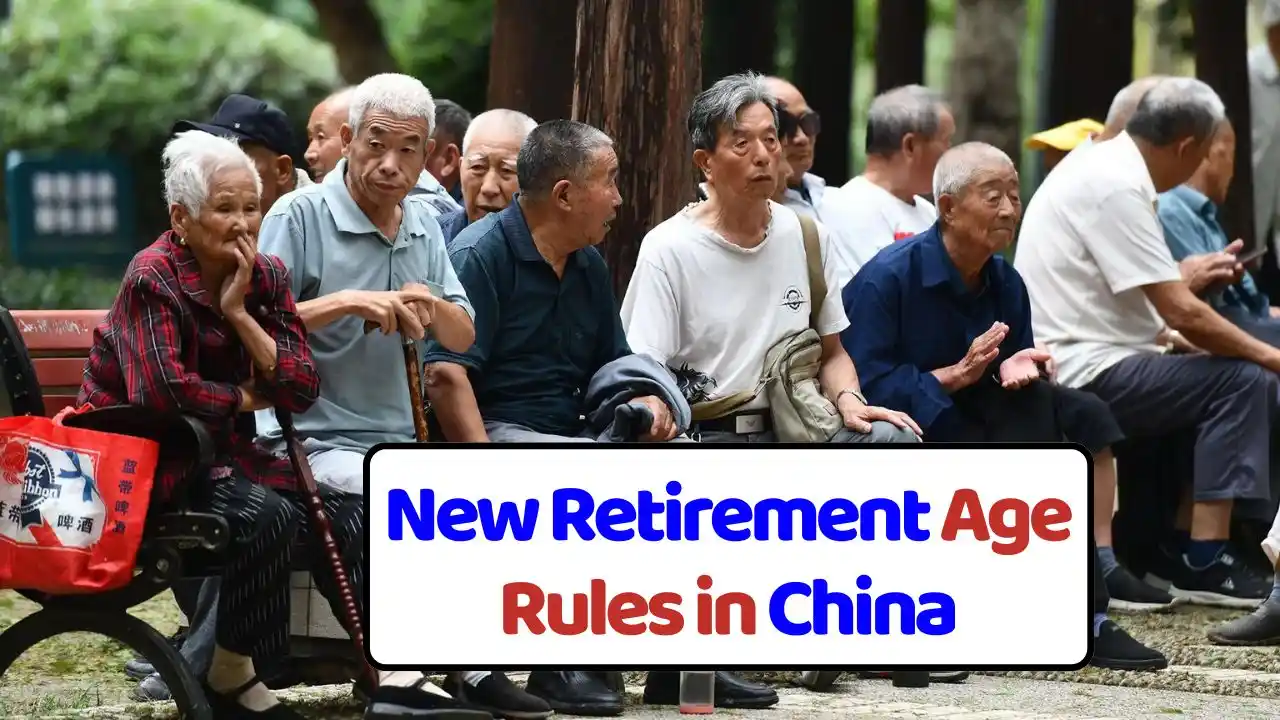Recent developments in the People’s Republic of China have brought positive news for government workers. They will now enjoy a longer work life before retirement begins, given a recent announcement from the government to push back the age at which government employees will no longer be required to work.
This announcement no doubt increases not only job security and happiness for many of them, but also is part of an expanded attempt to overcome economic difficulties in the face of a more demanding retirement benefits structure that will now meet the needs of an older population segment.
New Retirement Age Rules
As of now, the new rule requires male government employees to retire at 63 years of age, while female government employees will retire anywhere between the ages of 55-58 years of age, depending on their work category.
The motivation behind this implementation is to assuage the increasing work life of the citizens in order to rectify the shortage in the workforce, and declining economy. We also know that more than that, the newest government initiative will raise the minimum working years required to obtain a pension, increasing it from 15 years to 20 years, to become effective by 2030.
Dealing with the Employment Problem
China’s employment market continues to be very troubled, especially for younger working aged individuals. There has been an unemployment rate of 17.1% for workers between the ages of 16 and 24, and 6.5% for those ages 25-29 years of age, as of July. There is also evidence to suggest that age bias is a deeply adverse issue in the working market for individual workers aged 35 and older.
Public perception and responses to the events
Although the Chinese government has made this decision to address its demographic and economic problems, the decision has also triggered some backlash from the public. Many citizens have vented their own concerns on social media, expressing that the increase in the work age for individuals may eliminate their ability to access pensions for a longer period of time.
Others question what these rules mean to address youth unemployment, which remains unacceptably high, as a result of these newly constituted government aged parameters.
The actions of the government portray their response to changing demographic information as well as economic realities; however, it highlights the difficulty of attempting to provide good retirement solutions for older workers, while simultaneously cultivating job opportunities, for younger workers trying to find employment.
The government should recognize that projecting systematic patterns from changing demographics and economic realities, require them to begin to address concerns firmly, if they ever want to come to address them in the future.
